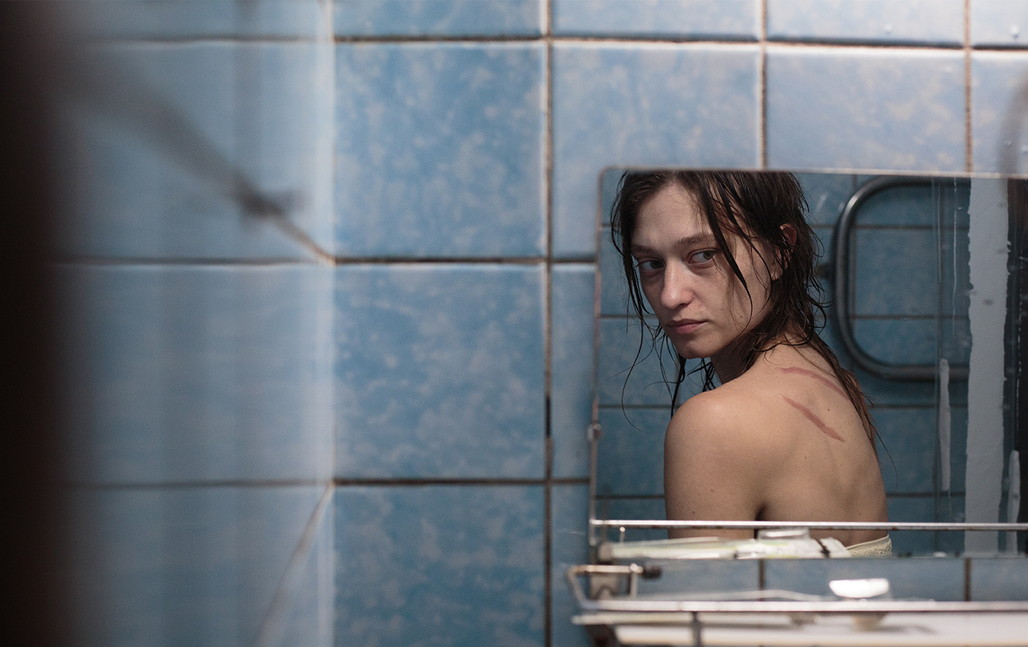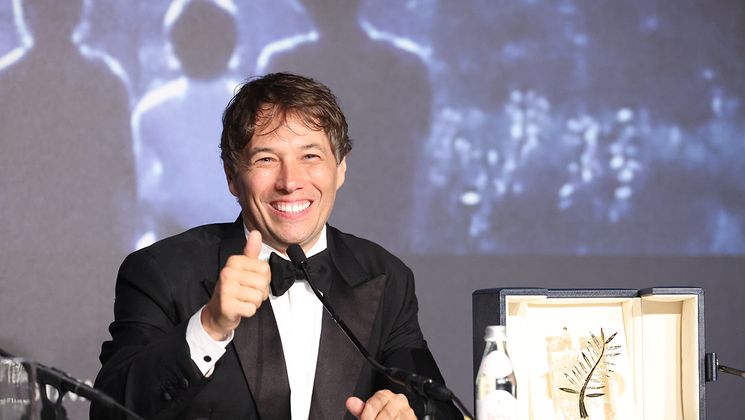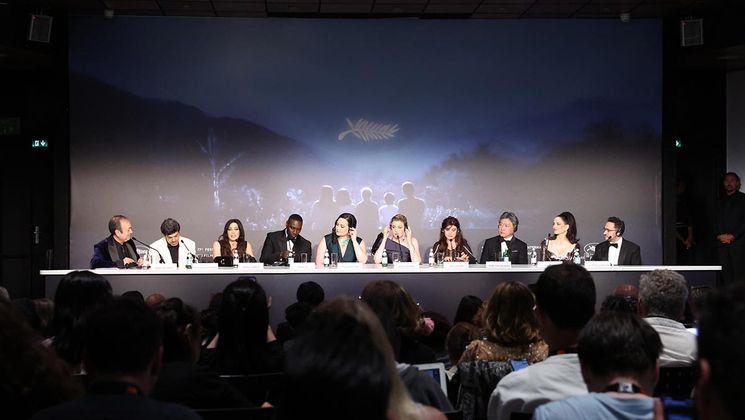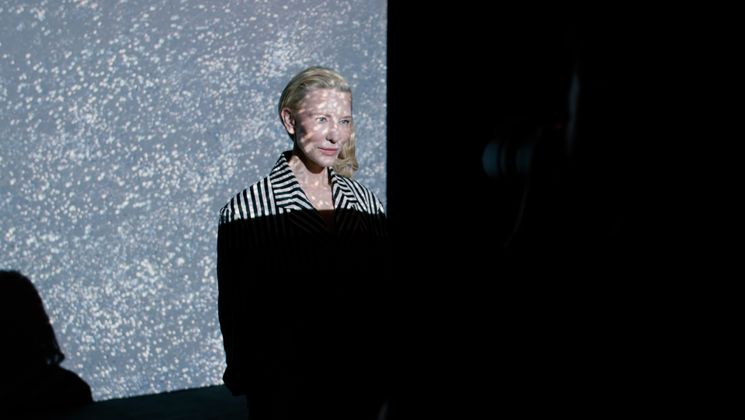
Butterfly Vision, Maksym Nakonechnyi’s view

Un Certain Regard is focused on what is happening in the world today. With Bachennya Metelyka (Butterfly Vision), the Ukrainian director Maksym Nakonechnyi takes us to the Donbass, a conflict zone with Russia even before the current war. More exactly, it follows the return of Lilia, an aerial reconnaissance specialist, imprisoned for a time in the region and suffering from the trauma of her captivity. This is the filmmaker's first feature film.
What inspired you to begin work on this film?
The idea for this movie came to me back in 2018 while I was editing a documentary about Ukrainian women who were fighting in the ongoing war. One of the protagonists said that she had made a deal with her fellow combatants: they would kill her rather than let her be taken prisoner by the enemy. And I began to think about how what awaits a female soldier captured by the enemy could be worse than death. Coming up with the plot, I understood that I wanted it to be a story about hope and humanity in utterly hopeless circumstances.
Please describe your working method and the atmosphere on set.
My approach was to make the production of the film a collective experience. Everyone, starting from witnesses, sharing their memories with us for the research, crew or cast members, had the possibility to express their approach to the topic of the film and thus include their personal stories into the creative process. To achieve this we have made substantial research, meeting a lot of people who had gone through the war in one or another way, visiting military positions, participating in the military and medical training and of course, discussing each one’s experience. We together with the cast and the acting coach spent a lot of time imagining and developing the lives of our characters before, after and out of the scripted story, writing and acting some of them. This gave us a lot of confidence on set so despite all the occurring obstacles we were sure that we would achieve the result sooner or later.
Please share a few words about your actors.
We gathered a very patchy ensemble, consisting of professional actors, non-actors from the film industry and non-actors with military experience. We paid a lot of effort to create the right bonds inside the collective in a very inclusive and diverse way. Every member brought to the process their own personal stories and thoughts alongside specific life or professional experience, perceiving all these elements equally valuable. Due to that we managed to bring the trust and volume to the screen reality. Work of the main actress Rita Burkovska is a great example of such a multilayered approach. We made the casting on quite an early stage and I offered the role to Rita because I understood that she was going to make her own, unexpected and unique Lilia. And this was actually what the film is about. Also Rita has made her own actors’ research and managed to appropriate and express all what she saw and learnt through her authentic nature.
What did you learn during the course of making this film?
That filmmaking is an art of balance and compromises.
What would you like people to remember from your film?
That war isn’t over with the guns stopping shooting but a human personality can overcome its most harsh and invisible traces.
What is your cult film and why?
It’s really hard to pick out one movie so I better start chronologically. When I was just beginning to fall in love with the cinema as a teenager I saw Sayat-Nova by Sergei Paradjanov. I was impressed that images and sounds in motion can not only tell the story, but be the story and poetry itself. And that sometimes not the events and words but spaces and feelings can contain and express senses.
Can you tell us about your next project?
After making Butterfly vision I promised myself that the next film should definitely be a comedy. That was before the full-scale Russian invasion of our country though. The reality will definitely bring its own corrections, but I’m still very eager to tell a story of a simple regular human who in his intention to feel valuable and significant follows conspiracy theories. I want to make this film with an ironic but humanistic gaze so each of us can relate to the feelings of the main protagonist.
Also now together with my colleagues from Tabor we shoot documentary footage of everyday life in war-torn Ukraine. Some of these stories will definitely develop into films.


